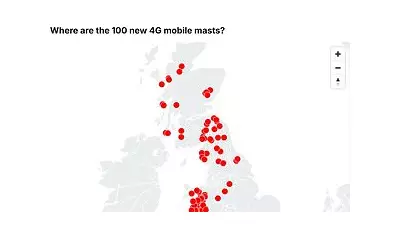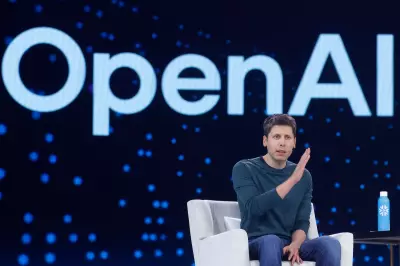
OpenAI, the pioneering artificial intelligence company behind the viral ChatGPT, finds itself in the crosshairs of international regulators as simultaneous investigations unfold across North America. The tech giant now faces scrutiny from both California's Privacy Protection Agency and Canadian privacy authorities, marking a significant escalation in regulatory oversight of AI technologies.
Dual Investigations Target AI Giant
The California Privacy Protection Agency has officially launched an inquiry into OpenAI's data handling practices, focusing specifically on whether ChatGPT complies with the state's comprehensive privacy laws. This move represents one of the first major regulatory actions against generative AI under California's robust privacy framework.
Meanwhile, north of the border, Canadian privacy commissioners have initiated their own investigation, examining similar concerns about how OpenAI collects, uses, and discloses personal information through its ChatGPT platform.
Privacy Concerns Take Centre Stage
At the heart of both investigations lie fundamental questions about data protection in the age of advanced artificial intelligence. Regulators are particularly concerned about:
- How ChatGPT processes and stores user data
- The transparency of OpenAI's data collection practices
- Potential risks to individual privacy rights
- Compliance with existing privacy legislation
These parallel investigations signal a growing consensus among international regulators that AI systems require careful oversight to protect consumer privacy, especially as these technologies become increasingly integrated into daily life.
The Global AI Regulation Landscape
The timing of these investigations is particularly significant as governments worldwide grapple with how to regulate rapidly evolving AI technologies. The coordinated action by California and Canadian authorities suggests a potential trend toward more aggressive regulatory approaches to AI governance.
As one of the most prominent players in the AI space, OpenAI's handling of these investigations could set important precedents for how artificial intelligence companies operate within legal frameworks designed to protect consumer rights.
The outcome of these probes may influence not only OpenAI's future operations but could also establish crucial benchmarks for the entire AI industry as it navigates the complex intersection of innovation and regulation.





